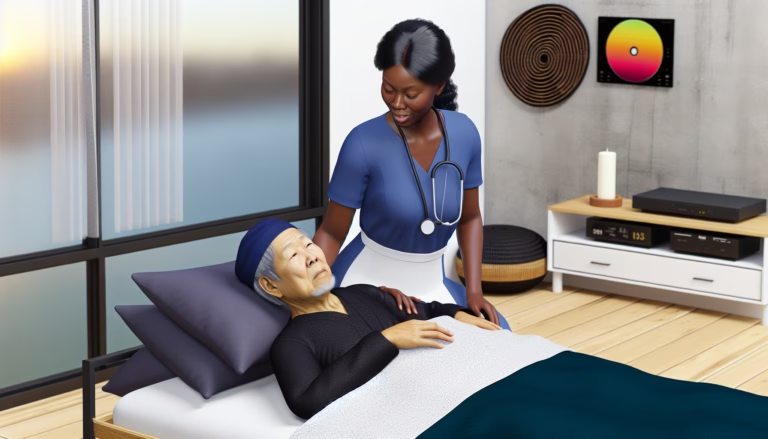Soothing Strategies: A Comprehensive Guide to Managing Anxiety at Home
In the often stressful and uncertain world we live in, anxiety can easily creep into our lives, disrupting daily routines, sleep, and overall wellbeing. Fortunately, there’s a growing body of knowledge about how to manage anxiety at home, from natural remedies to mindfulness strategies. This article will provide a comprehensive guide for those looking to mitigate anxiety symptoms in a home setting.
Exercise Regularly
One of the simplest yet most effective ways to maintain mental wellness is regular physical exercise. Studies have shown that regular workouts can help lower anxiety levels by reducing the body’s stress hormones—cortisol and adrenaline—and stimulating the production of endorphins, chemicals in the brain that are natural mood boosters.
Create a Daily Routine
Stability is important when managing anxiety. Creating a daily routine can provide a sense of order and predictability that could help reduce feelings of anxiety. Simple habits such as having regular meal times, exercise periods, and even times for relaxation can be beneficial.
Mindful Eating
What you eat can also play a significant role in managing anxiety. Certain foods may contribute to anxiety. For example, caffeine and foods high in sugar can often cause spikes in anxiety levels. On the other hand, foods rich in Vitamin B, Omega-3 fatty acids, and magnesium can help reduce anxiety. So, maintaining a balanced diet full of fruits, vegetables, lean proteins, and whole grains can contribute to better mental health.
Practice Mindfulness and Meditation
Mindfulness is a form of meditation in which you focus on being intensely aware of what you’re sensing and feeling in the moment without judgement. Both mindfulness and meditation have been found to be effective in diminishing anxiety levels. There’s a wide variety of apps and online resources that provide guided meditation and mindfulness exercises that you can do at home.
Reduce Screen Time
Screen time, especially before bed, can contribute to anxieties. Screens emit a blue light that interferes with the production of the sleep hormone melatonin. Less sleep equals more stress. Turning off screens at least an hour before bed can consequently lead to better sleep and lower anxiety levels.
Seek Professional Help
Lastly, remember that it’s okay to seek professional help. If your anxiety is overwhelming or persistent, reaching out to a healthcare professional for guidance is highly recommended. They may provide further techniques for managing anxiety at home or refer you to specialised help if necessary.
Remember, everyone experiences anxiety differently, and what works for one person may not work for another. The important thing is to keep trying different things until you find what works best for you. Don’t hesitate to reach out for professional help if you need it. Remember, your health is your wealth, and prioritizing mental health is just as important as taking care of your physical health.



